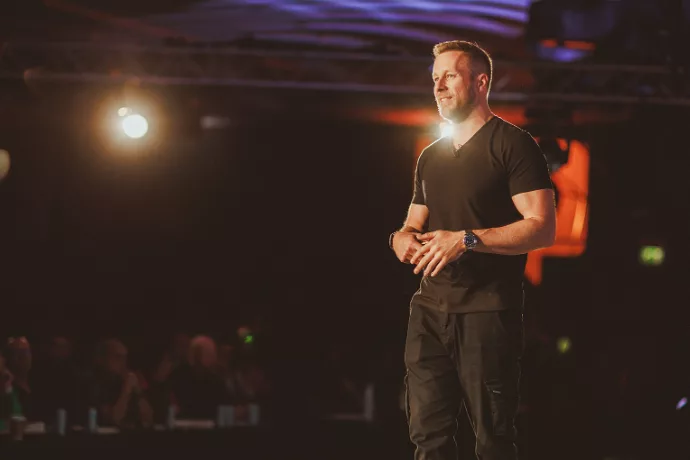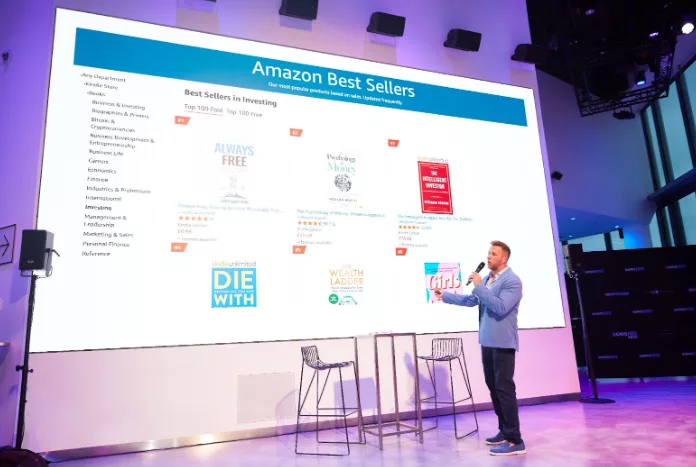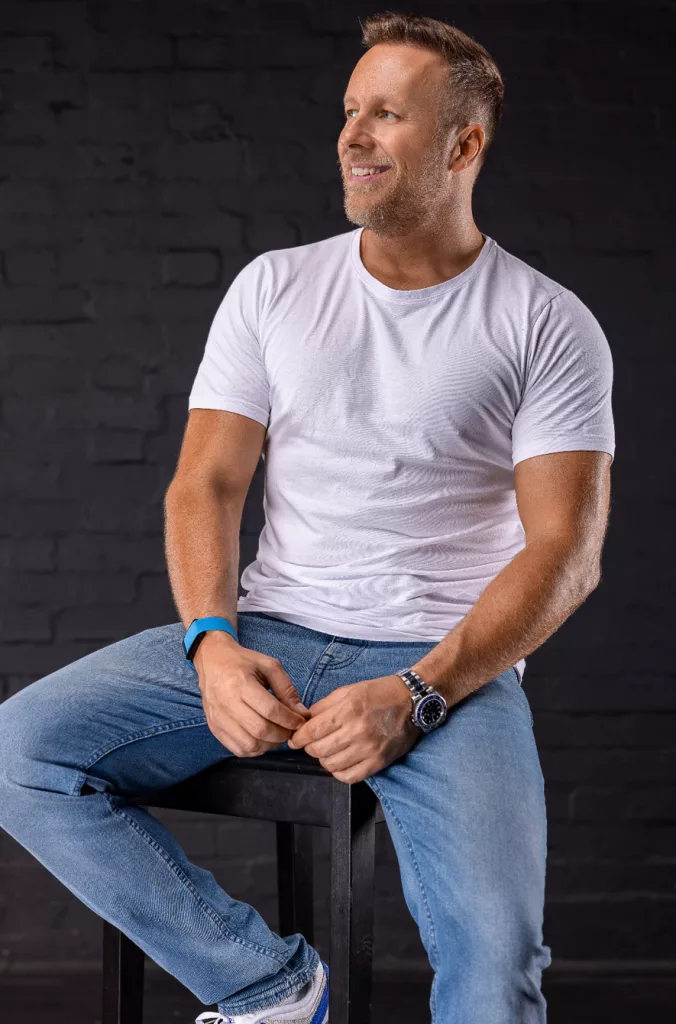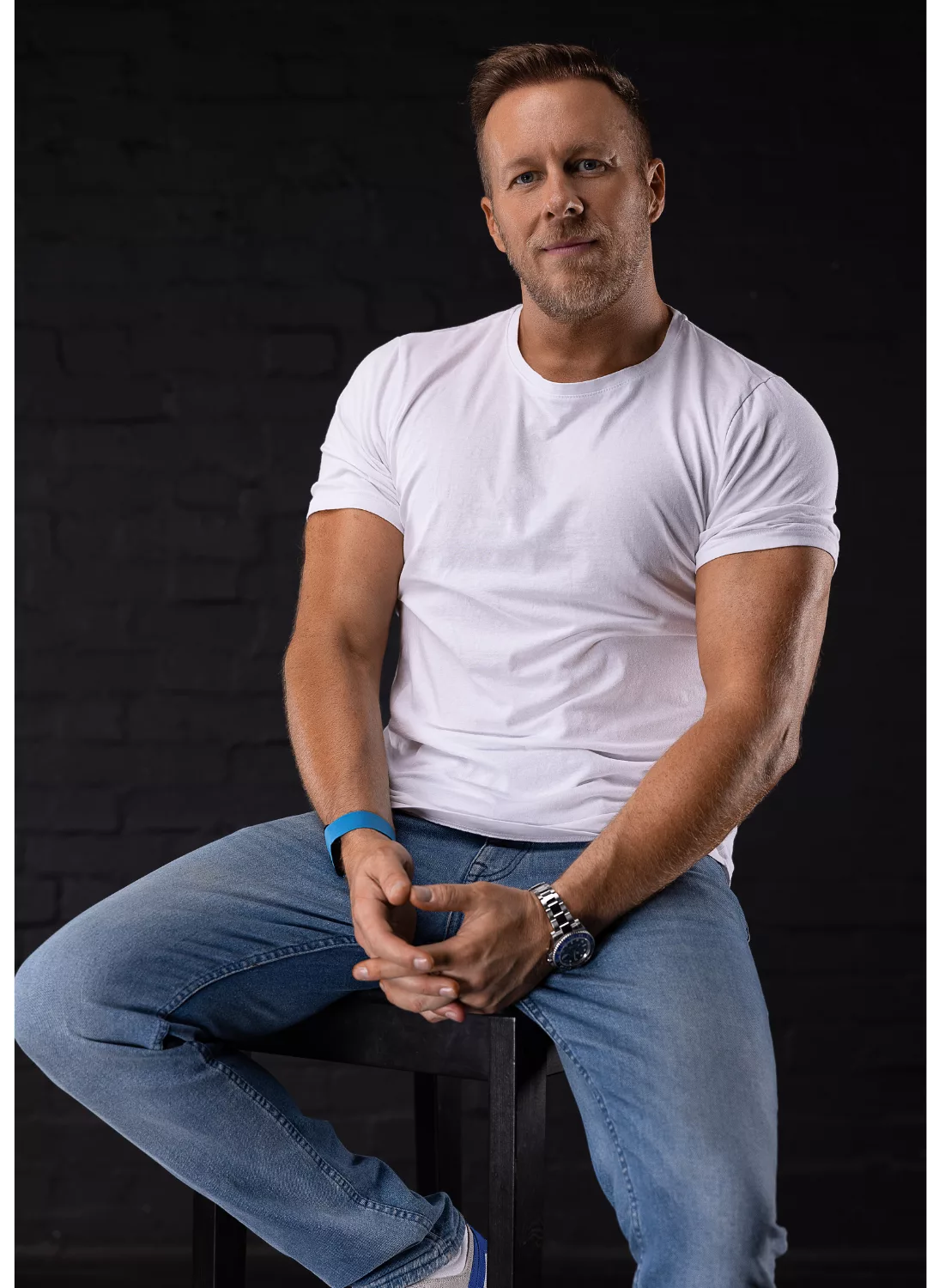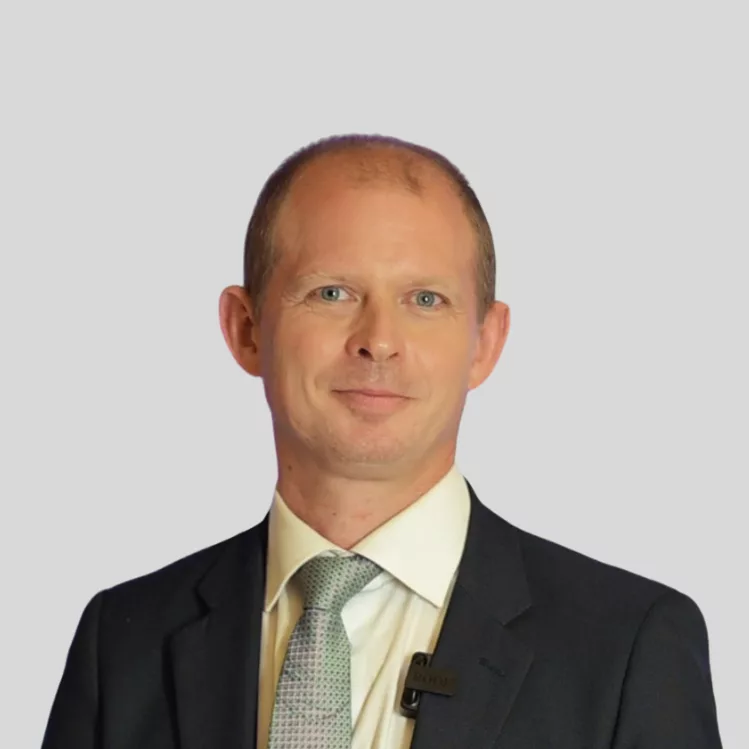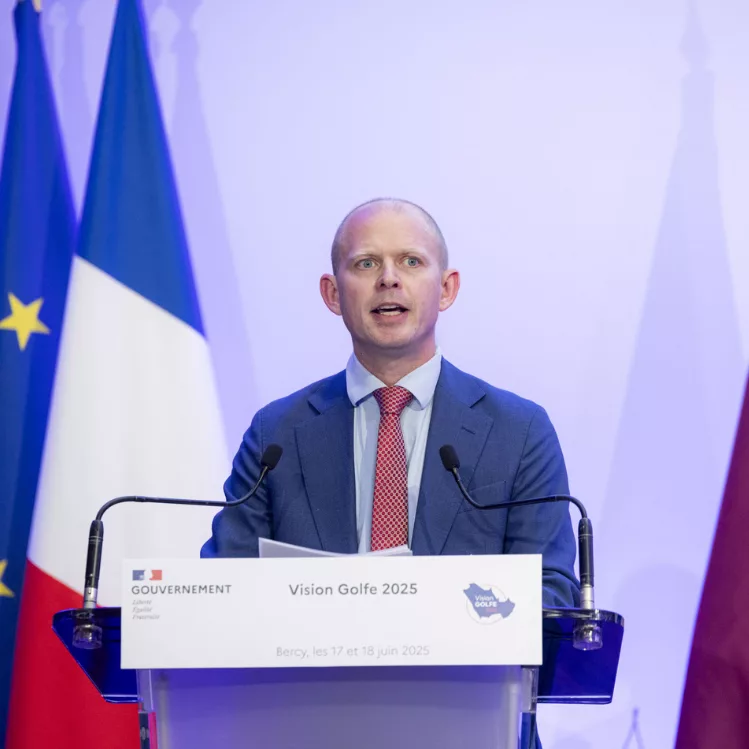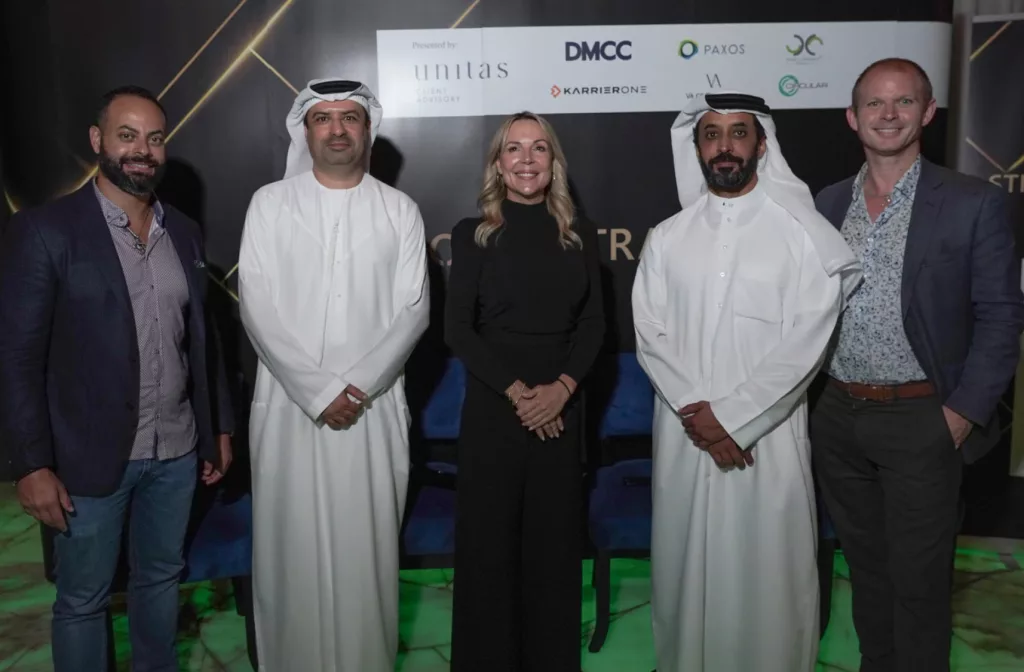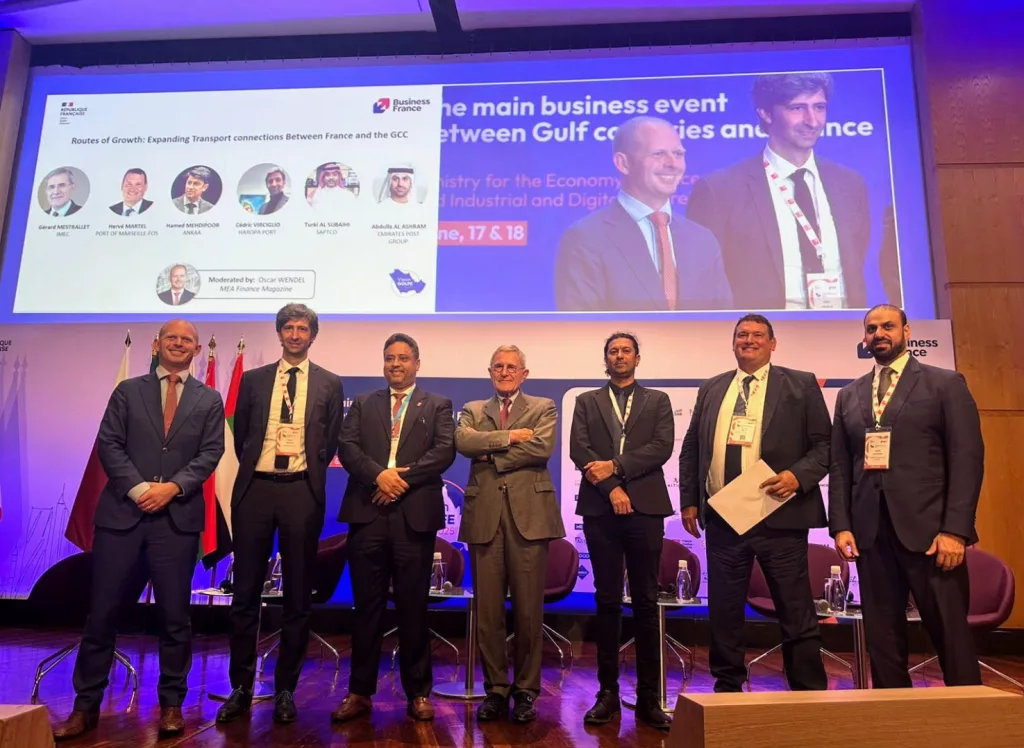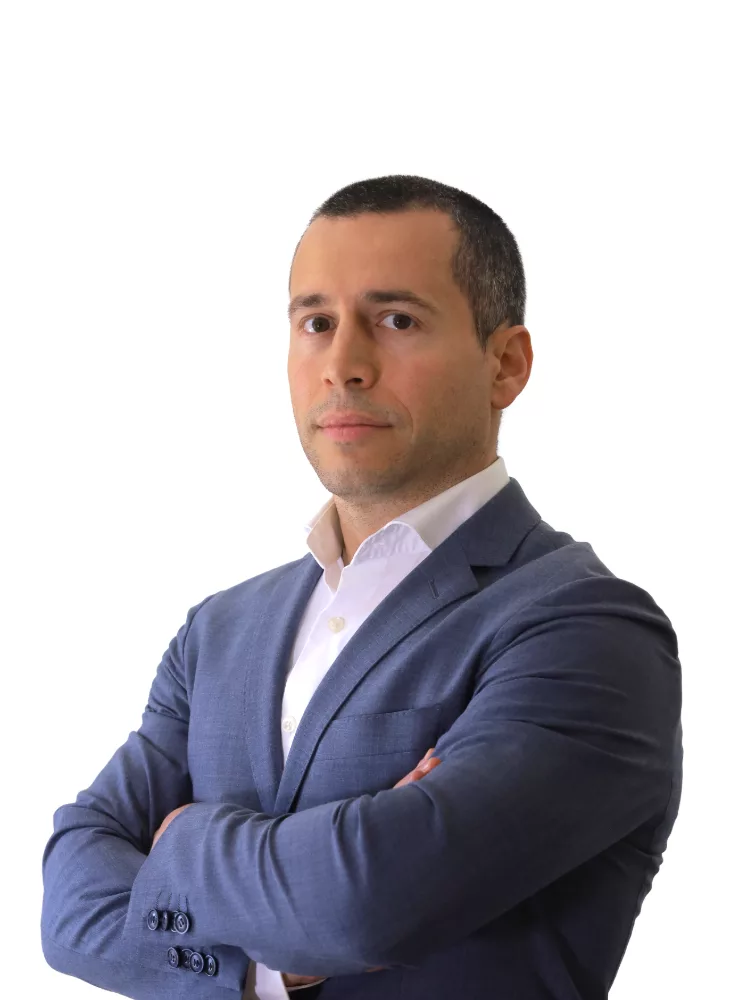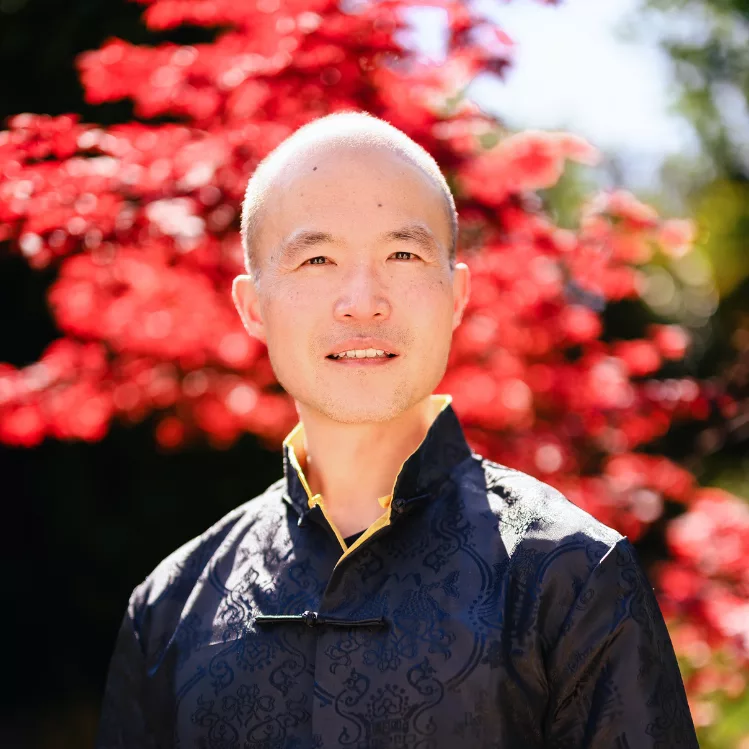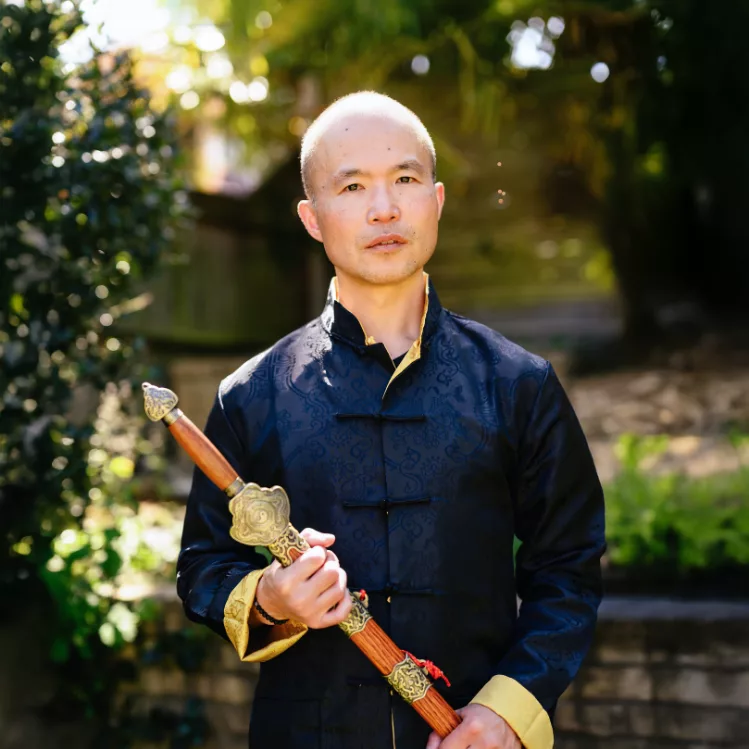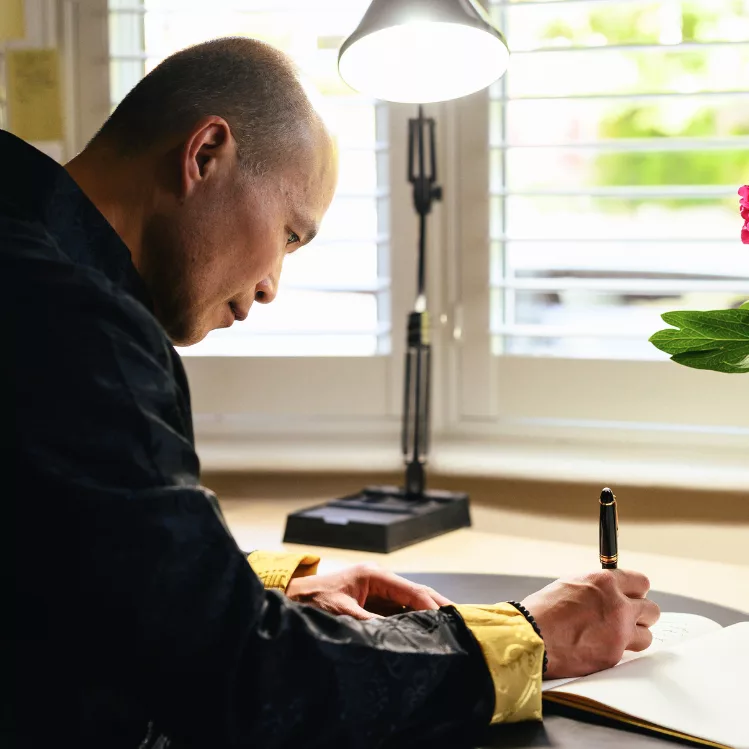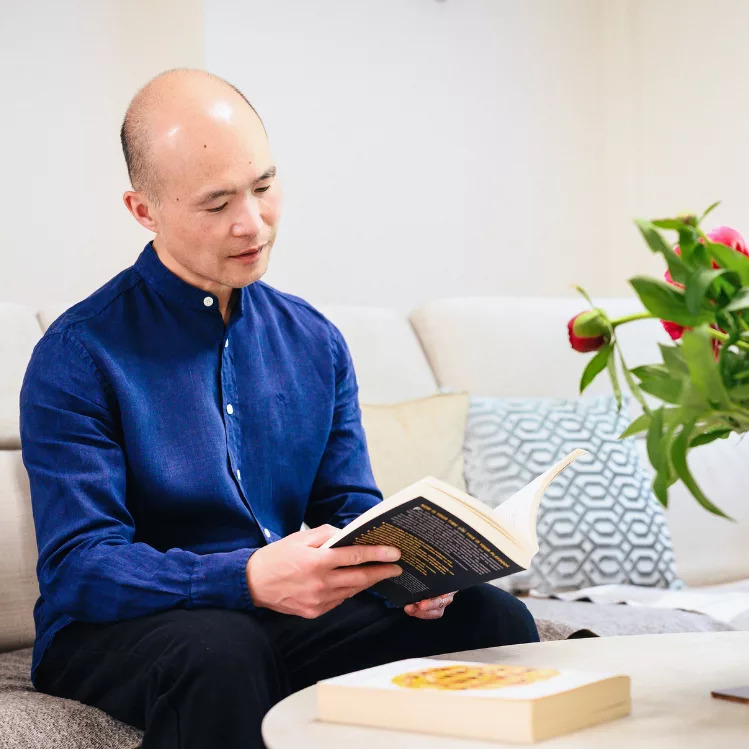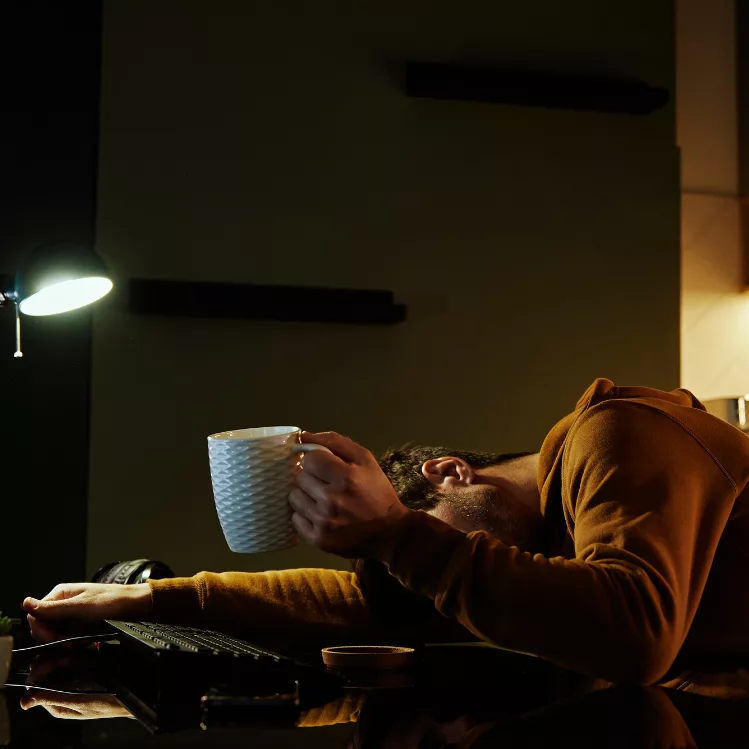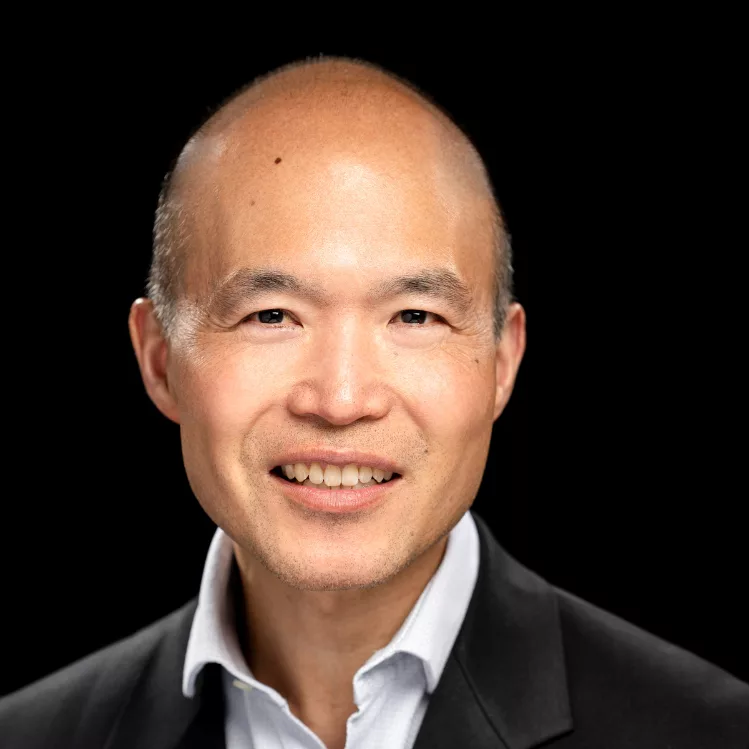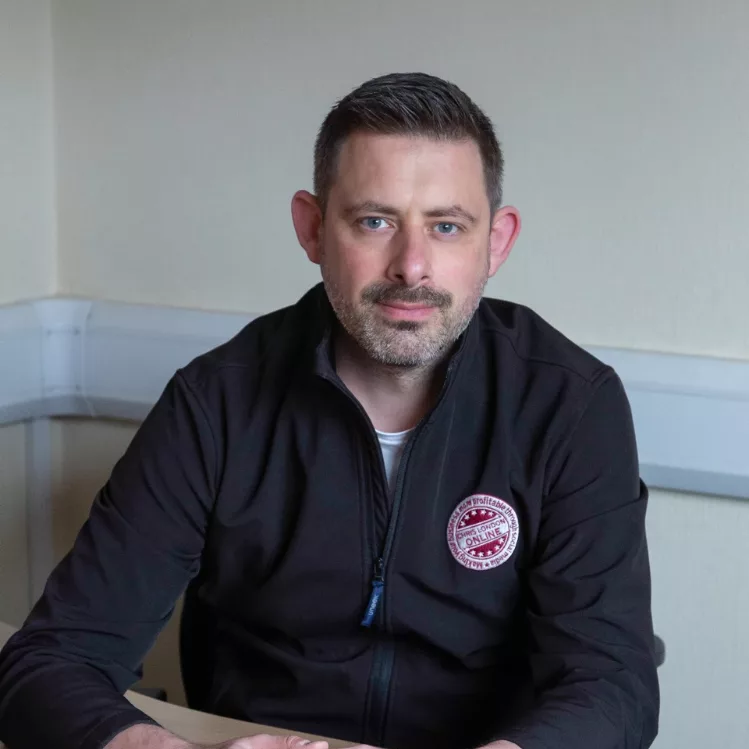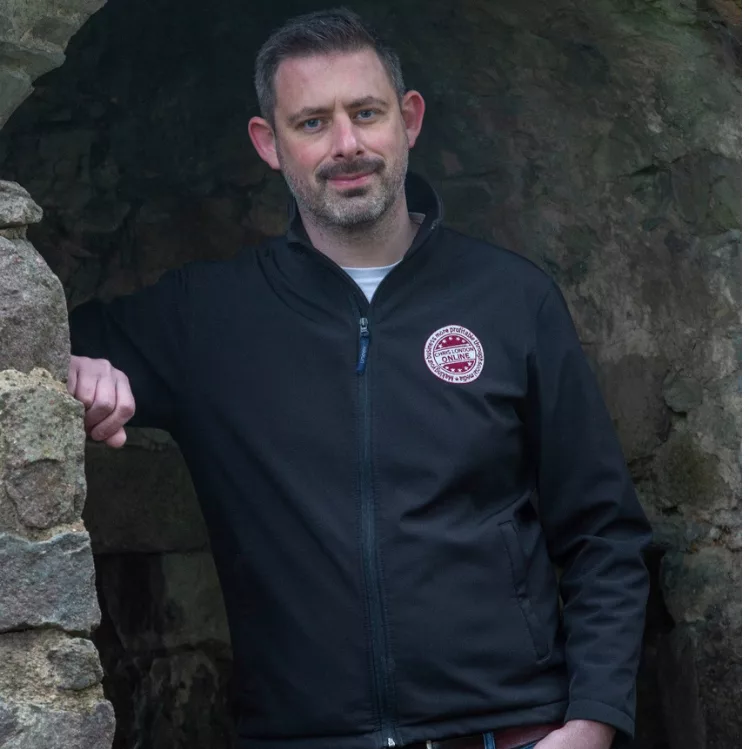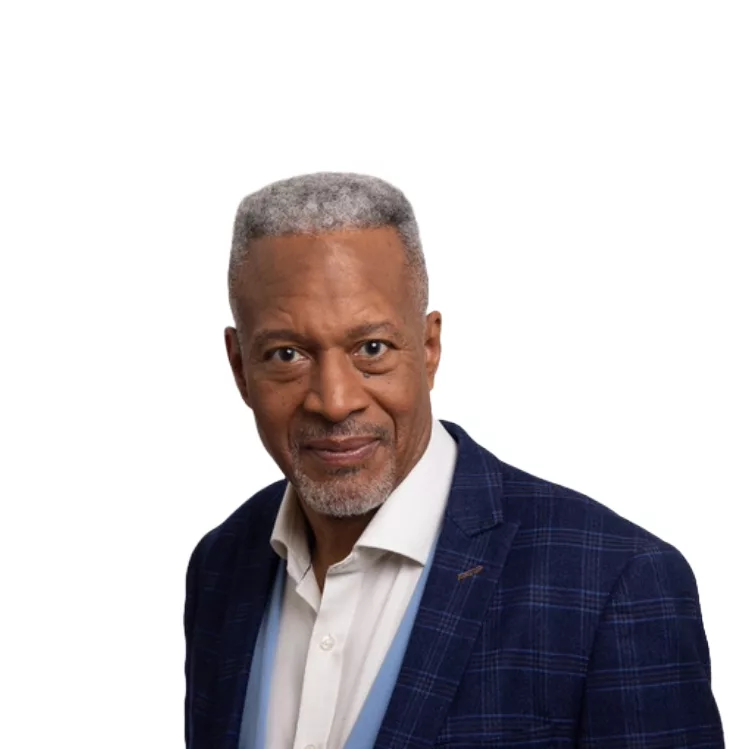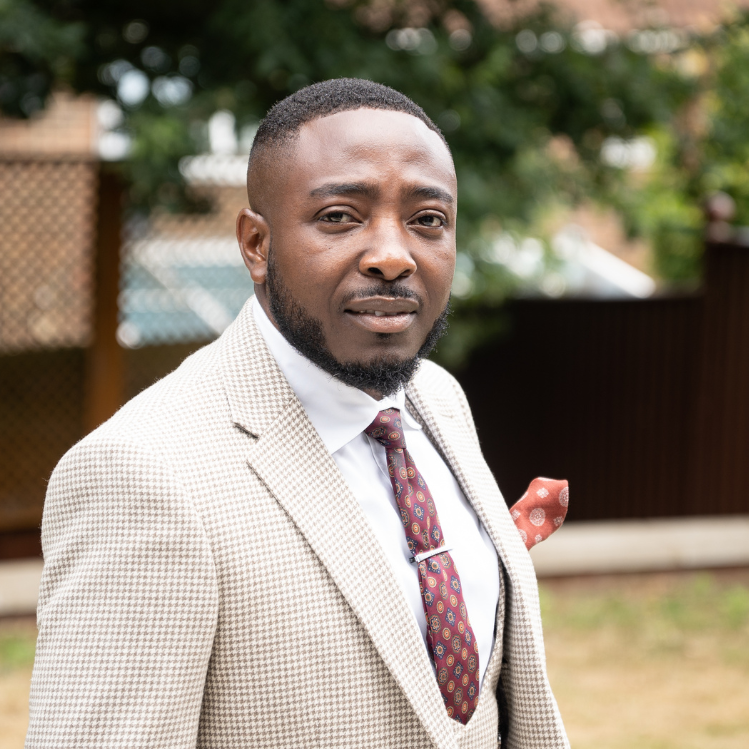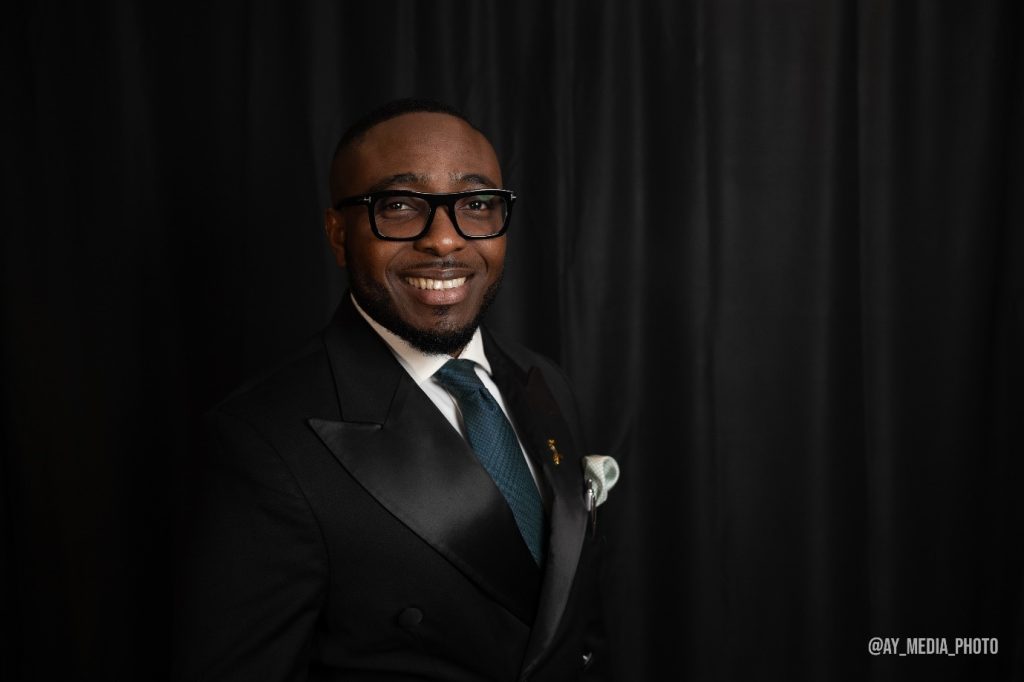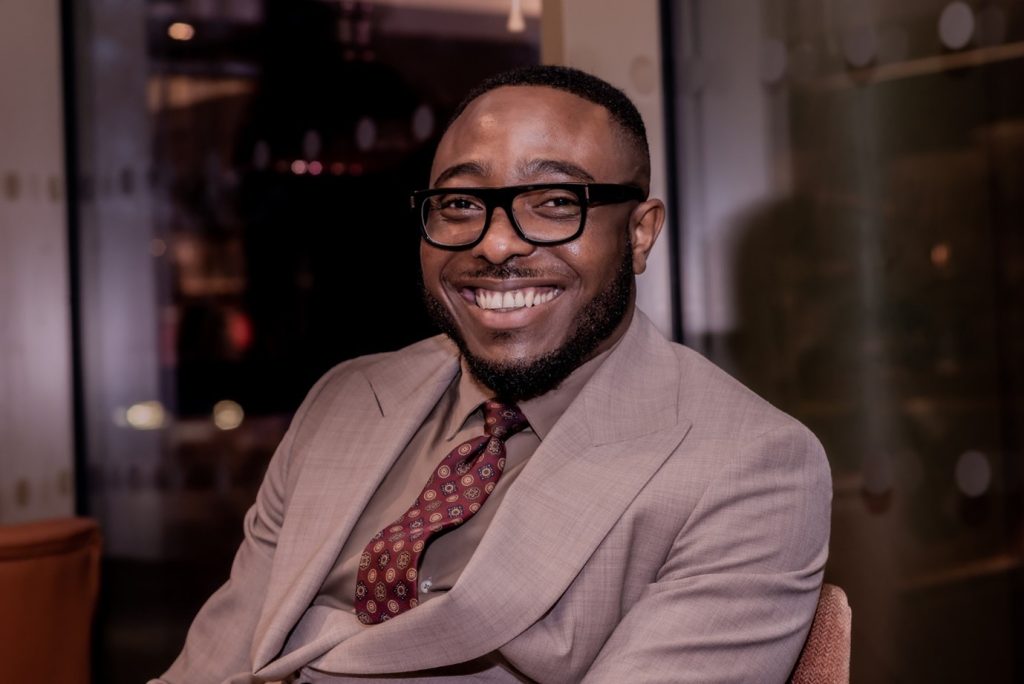In today’s competitive business landscape, success demands more than just expertise—it requires passion to take on things head-on, strategic leadership, innovation, and a results-driven mindset. Volker Jaeckel, a German native and Certified Business and Executive Coach practicing in the U.S. has built a 40-year career helping businesses and leaders navigate complex markets, optimize performance, and achieve sustainable growth. Backed by certifications from FocalPoint International, Brian Tracy International, the American Marketing Association, and the Digital Marketing Institute, his expertise spans small businesses to Fortune 500 firms across industries like pharmaceutical, chemical, manufacturing, automotive, advertising SaaS, and consumer products. With a proven track record in sales leadership, marketing strategy, and organizational transformation, Volker empowers executives, leadership teams, and businesses to maximize their potential, increase sales, resulting in accelerated revenue, and spearhead with tenacity and confidence in any rapidly evolving market.
You emphasize the importance of FocalPoint’s time-tested methodologies in your coaching approach. How do these strategies specifically help entrepreneurs and leaders overcome their toughest business challenges?
FocalPoint’s coaching strategies, rooted in the transformative principles of Brian Tracy, empower entrepreneurs and leaders to identify their biggest obstacles and resolve them systematically. At its core, FocalPoint operates on Tracy’s belief that clarity, focus, and goal-setting are the cornerstones of exceptional achievement. These time-tested principles help clients confront challenges by breaking them down into manageable, actionable steps.
For example, entrepreneurs often face overwhelming complexity in managing multiple priorities. Through FocalPoint’s unique clarity exercises, we help them pinpoint their highest-value activities – the 20% of actions that yield 80% of results. Leaders struggling with team dynamics are guided through behavioral analysis tools like DISC assessments, which uncover individual and team strengths, fostering harmony and boosting productivity.
What sets this methodology apart is its relentless focus on measurable outcomes. By teaching clients how to track progress using KPIs and results-driven action plans, FocalPoint ensures that challenges aren’t just addressed – they’re conquered. The connection to Brian Tracy’s philosophies ensures that each strategy is timeless, adaptable, and proven across industries, empowering clients to achieve sustainable growth and balance.
FocalPoint isn’t just about problem-solving; it’s about building a roadmap to excellence, leaving no room for guesswork.
As a DISC Behavioral Expert, how do you incorporate DISC analysis into your coaching sessions to help business leaders align with their natural leadership styles?
As a DISC Behavioral Expert, I integrate DISC analysis into coaching by helping leaders uncover their inherent strengths and understand how their behavioral tendencies shape their leadership style. Through my “Communication Breakthrough Program,” which I also deliver as an Affiliate Coach for California State University and the School of Entrepreneurship, I guide participants to embrace their unique traits while bridging communication gaps within their teams.
The process begins with each leader completing a DISC assessment, a tool designed to provide a comprehensive view of their dominant behavioral style – Dominance, Influence, Steadiness, or Conscientiousness. During the three-hour debrief session, we analyze how these traits influence their decision-making, conflict resolution, and interpersonal dynamics. By understanding their natural tendencies, leaders gain insights into how they interact with others, adapt to challenges, and communicate effectively.
For example, a leader with a high Dominance (D) profile may excel in driving results but could benefit from developing empathy when working with more collaborative team members. Similarly, an individual with a high Steadiness (S) style might thrive in nurturing relationships but may need strategies to navigate high-pressure situations. By tailoring coaching to these nuances, I help leaders align their behavior with the needs of their teams and business goals.
DISC analysis is more than a diagnostic tool – it’s a transformative framework for improving communication and leadership effectiveness. When business leaders align with their natural style and learn to flex into other styles as needed, they foster stronger relationships, resolve conflicts faster, and lead with greater confidence and purpose.
Can you share more about your “Entrepreneurial Growth Course”? What are some key takeaways that participants gain from the course, and how does it help them grow their businesses?
The Entrepreneurial Growth Course is meticulously designed to empower business owners and leaders with actionable strategies and tools to elevate their enterprises. This comprehensive program encompasses eight group sessions, each lasting 60 to 90 minutes, focusing on core areas such as business growth strategies, leadership development, and financial planning.
Key Takeaways from the Course:
Foundational Business Knowledge: Participants gain a deep understanding of essential business principles that serve as the bedrock for long-term success.
Strategic Planning Skills: The course equips entrepreneurs with the ability to craft and implement clear, actionable strategic plans tailored to their business objectives.
Key Metrics & Business Dashboard: Attendees learn to develop tools and metrics to monitor progress, facilitating informed decision-making.
Customer Clarity: The program provides insights into identifying target customers, understanding their needs, and effectively addressing them.
Resonant Marketing Messages: Participants are guided to create marketing messages that align with their growth goals and resonate with their audience.
By the culmination of the course, entrepreneurs are equipped with actionable insights and a clear roadmap for scaling their businesses. The program emphasizes practical application, encouraging participants to apply course lessons directly to their operations.
In your “Communication Breakthrough Program” at Cal State University’s School of Entrepreneurship, you teach the Platinum Rule. How does this rule differ from the Golden Rule, and how can entrepreneurs use it to transform their teams and organizations?
The Platinum Rule fundamentally…..While the Golden Rule advises treating or speaking to othersas you wish to be treated, the Platinum Rule takes it further: Speak and treat others as they wish to be treated or spoken to.
This distinction recognizes everyone has unique preferences, communication styles, and motivations that must be understood and respected to foster meaningful connections.
In the “Communication Breakthrough Program,” I teach entrepreneurs how to leverage the Platinum Rule through DISC behavioral analysis. By understanding the DISC profiles of their team members – whether they’re Dominant, Influential, Steady, or Conscientious – leaders can tailor their communication and leadership approach to resonate with each individual’s natural tendencies. For example:
A leader adopting the Platinum Rule might approach a high-D team member with direct, results-driven language while engaging a high-S colleague with patience and reassurance.
Instead of a one-size-fits-all leadership style, they create environments where employees feel valued and understood, leading to higher engagement and productivity.
The Platinum Rule is the rule of the future because it aligns with the evolving workplace dynamics that demand inclusivity, emotional intelligence, and adaptive leadership. Entrepreneurs who embrace it transform their organizations by fostering stronger relationships, reducing conflicts, and creating collaborative teams where diversity of thought thrives.
This approach doesn’t just improve communication; it creates a culture of respect and innovation. Entrepreneurs who lead with the Platinum Rule position their businesses for sustained growth and success in a world where understanding and personalization are paramount.
You mention helping clients “cut through overwhelm to find clarity” and “transform stress into strategic action.” Could you share a specific success story where you helped a business leader make these shifts?
Absolutely. One of the most impactful success stories I’ve had as a Business and Marketing Executive Coach involves a local law firm struggling to gain traction. Despite their expertise, they were caught in a cycle of running headlong without clear goals or direction, overwhelmed by ineffective processes and scattered marketing efforts. The result? Stagnant revenue missed opportunities, and growing frustration.
When I stepped in, the first priority was to diagnose the root of their challenges. Their marketing lacked focus, their lead pipeline was inconsistent, and internal alignment was virtually nonexistent. Through a combination of strategic goal-setting, detailed DISC-based team assessments, and a complete overhaul of their marketing strategy, we began to cut through the noise.
Here’s what we achieved together in just six months:
Doubling Revenue: By setting clear, actionable goals and aligning the firm’s resources, we shifted from reactive decision-making to proactive growth strategies. The team could now see and measure the direct impact of their efforts, driving a dramatic increase in revenue.
8X Inbound Marketing Leads: I revamped their marketing strategy by implementing streamlined, data-driven campaigns to attract the right clients. This resulted in an eightfold increase in qualified leads, giving them a predictable business pipeline.
Clarity and Strategic Focus: By creating a structured roadmap, we replaced their stress and chaos with clear priorities. They embraced weekly KPIs, allowing them to track progress, make real-time adjustments, and build confidence in their growth trajectory.
Expanding to a New Market: With their newfound clarity and resources, they could take the leap they had contemplated for years: opening a second business in another state. This move solidified their position in their original market and set them up for long-term scalability.
This transformation wasn’t just about numbers but about creating a culture of clarity, confidence, and action. By addressing their overwhelm and aligning their vision with strategic execution, the law firm didn’t just turn things around—they created a foundation for sustainable growth and expansion.
This story highlights what’s possible when strategy replaces stress and leaders commit to a clear path forward. If you’re feeling stuck or overwhelmed, let’s explore how we can achieve similar results for your business. Reach out to schedule a conversation and take the first step toward transformation.
You often help clients transform stress into strategic action. In your experience, what are the most effective techniques to help business leaders manage stress without burning out?
Stress is an inevitable part of leadership, but it doesn’t have to spiral into burnout. The key is transforming that stress into focused, strategic action that aligns with your long-term goals. In my experience, a few foundational techniques consistently make a difference for business leaders.
First, it’s about gaining clarity. Many leaders feel overwhelmed because they’re trying to do everything at once without a clear sense of what really matters. I often guide clients through an exercise to identify their top three priorities. By focusing only on the actions that directly contribute to their goals, they cut through the noise and eliminate unnecessary stressors.
Another significant shift is applying the 80/20 Rule. Leaders often waste time on tasks that have minimal impact. Assessing where their time is going is usually eye-opening. They can achieve far more with less effort by reallocating energy toward the 20% of actions that generate 80% of their results.
A strategic plan is also essential. Without one, stress tends to amplify because there is no roadmap to follow. A clear, actionable plan provides direction and reduces decision fatigue. When leaders know their next step, they can operate proactively rather than reactively, making all the difference in high-pressure situations.
Effective communication also plays a big role. This is where DISC behavioral analysis comes in. When leaders understand their own communication style and that of their team, they can tailor their approach to reduce conflicts and foster stronger collaboration. Miscommunication is a huge stressor, but DISC equips leaders to build rapport and resolve issues quickly, creating a more harmonious work environment.
Time blocking is another game-changer. Many leaders feel like they’re constantly “on,” juggling urgent demands while trying to focus on long-term goals. They can set boundaries and regain control over their day by scheduling blocks of time for focused work, team interactions, and personal recovery. This structure is often the missing piece for those feeling overwhelmed.
Finally, self-care can’t be overlooked. I remind my clients that recovery isn’t a luxury – it’s a necessity. Whether it’s a short walk, mindfulness practice, or simply unplugging for an hour, these moments recharge their energy and prevent burnout. Leaders perform at their best when operating from a place of balance, not exhaustion.
These techniques help leaders manage stress and turn it into a driver of clarity and action. When you’re able to approach challenges strategically, stress becomes an opportunity for growth rather than a barrier.
Building stronger teams through better communication is a key aspect of your coaching. How do you assess team dynamics, and what are some strategies you use to foster more effective communication within a team?
Building a strong team is like assembling a highly specialized platoon for a critical mission. In team dynamics, just as in the movie Saving Private Ryan, success depends on having the right people in the right roles and ensuring they communicate effectively. This is where the DISC Assessment becomes an indispensable tool.
When working with teams, the first step is understanding individual behavioral styles through DISC. This assessment gives a clear picture of each person’s natural tendencies—whether they’re results-driven (D), influential and people-focused (I), steady and reliable (S), or detail-oriented and analytical (C). Armed with this knowledge, I can identify the key players and their ideal roles, ensuring each team member is positioned to leverage their strengths.
For instance, high-D individuals thrive on taking charge and achieving results, making them ideal for leadership roles in high-pressure situations. On the other hand, a high-S person excels at providing stability and fostering collaboration, making them invaluable for maintaining harmony and continuity within the team. DISC allows us to pinpoint these traits, often hidden beneath surface-level interactions.
But team building doesn’t stop at assessment. The next step is fostering communication that bridges these different styles. For example, if a high-D leader tends to be direct and fast-paced, they might unintentionally overwhelm a high-S teammate who needs time to process and respond. By understanding these dynamics, we can coach both individuals to adapt their communication styles for mutual understanding – whether that means softening a directive tone or providing more clarity and time for feedback.
To solidify this, I often use real-world simulations and exercises where teams tackle challenges together. These scenarios not only highlight each member’s strengths but also uncover potential friction points. We then address these dynamics head-on, teaching team members to “flex” into other styles when needed and build trust through empathy and respect.
DISC also helps in assigning tasks that play to individual strengths. Just as the Captain in Saving Private Ryan knew who to send to scout, snipe, translate, or handle tactical situations, I help teams allocate responsibilities based on natural talents. This ensures that tasks are completed efficiently and team members feel valued for their contributions.
Ultimately, the goal is to transform a group of individuals into a cohesive, high-performing unit. With the right tools, like DISC, and targeted communication and collaboration strategies, teams work better together and achieve extraordinary results – even in the most demanding situations.
As a coach specializing in executive leadership, what do you believe is the most important trait for a leader to develop, and how do you help leaders cultivate this trait?
The most effective leaders demonstrate a blend of empathy, integrity, authenticity, and grit. These traits aren’t just personal qualities – they’re the foundation for creating trust, inspiring teams, and leading through challenges. Together, they form the backbone of exceptional leadership.
Let’s start with empathy, which has become indispensable in leadership today. Research from Ernst & Young in 2023 revealed that 86% of employees believe empathetic leadership boosts morale, while 87% say it’s essential for fostering inclusivity. Empathy allows leaders to understand the unique needs of their team members, anticipate challenges, and provide tailored support. Through tools like DISC assessments, I help leaders uncover not only their own behavioral styles but also the preferences and motivations of their team. This insight enables them to communicate effectively, adapt to individual needs, and reduce friction – all while building trust and psychological safety.
Equally important is integrity, which ensures that a leader’s actions consistently align with their words. Integrity forms the moral compass of leadership. It builds credibility, ensures fairness, and demonstrates accountability, especially in times of uncertainty. I work with leaders to identify their core values and teach them to align their decisions with these principles. When leaders act with integrity, they foster respect and loyalty within their teams, creating a culture where trust is non-negotiable.
Authenticity is directly tied to integrity but also speaks to the leader’s ability to show up as their genuine self. People gravitate toward leaders who are transparent about their strengths, admit their mistakes, and remain open to feedback. Authenticity fosters deeper connections and allows leaders to inspire their teams on a human level. Through coaching, I guide leaders in discovering their authentic voice – helping them lead not by emulating others but by embracing and refining their unique approach.
Finally, grit is the trait that keeps a leader moving forward when faced with challenges. Leadership isn’t without setbacks, and it’s often in these moments that resilience and perseverance shine. Grit is about setting long-term goals, staying focused, and having the courage to push through obstacles. I help leaders cultivate grit by developing clarity in their goals and creating actionable, measurable plans to achieve them. This clarity helps them stay grounded during tough times, knowing their progress is part of a larger vision.
Leaders who combine these traits elevate their teams and organizations to new heights. Empathy strengthens relationships, integrity fosters trust, authenticity creates connection, and grit ensures sustained success. These aren’t just abstract ideas – they’re skills that can be developed through intention and practice. Together, they transform good leaders into extraordinary ones.
In your work with clients, how do you ensure that the strategies you create for their businesses are sustainable for long-term growth, not just quick fixes?
Sustainable growth isn’t about quick wins but building a foundation that stands the test of time. When I work with clients, I focus on solving immediate problems and creating strategies that continue to drive results long after our coaching engagement ends.
A big part of that is clarity. Many businesses struggle because they lack a clear direction, jumping from one tactic to another without a long-term vision. My first step with clients is helping them define their ultimate goals and then reverse-engineering a strategy to get there. This approach ensures that every action they take contributes to something bigger, preventing the cycle of chasing short-term fixes.
Beyond strategy, execution matters. I embed systems into their operations – whether through process optimization, leadership development, or refining their marketing engine—so they can sustain growth without constantly reinventing the wheel. DISC assessments also play a role here, ensuring team dynamics align with long-term success. The right people in the right roles create stability and continuity, making it easier to scale.
But for me, sustainability isn’t just about structure – it’s about support. That’s where my personal philosophy comes in: “You’ll Never Walk Alone.” Just like the anthem sung at Anfield by Liverpool fans, this is my promise to every client who has ever worked with me. Whether they’re currently engaged in coaching or not, if they need guidance, clarity, or just a sounding board, I pick up the phone. No coaching fee, no invoice – just a commitment to their success. Because real business growth isn’t transactional; it’s built on relationships that last.
This approach ensures that my clients don’t just implement strategies for the short term—they develop the confidence and resilience to keep building, adapting, and thriving for years to come. They know they’re not alone on the journey, and that makes all the difference.
You co-authored a book with Joe Foster, the founder of Reebok. What was the most important lesson you learned from him that you apply in your coaching today?
The most important lesson I learned from Joe Foster is the relentless power of persistence and innovation, two qualities that define his story and how I approach coaching. Joe and I both admire Sir Winston Churchill, who famously said, “Never, never, never, ever give up.” That mindset was the cornerstone of Joe’s success and has deeply influenced my own philosophy.
Joe’s journey is a testament to persistence. Reebok wasn’t built overnight. The company underwent multiple iterations, from its early beginnings as a family business to its transformation into a global powerhouse. Joe’s decision to evolve the brand—from its original name to what we now know as Reebok—illustrates the importance of adaptability in business. He showed me that success isn’t about avoiding obstacles but about embracing them as part of the journey. That same persistence fuels me to encourage my clients to push through transitions and challenges, reminding them that setbacks are often set up for the next big opportunity.
Another defining lesson from Joe is the value of innovation over imitation. Instead of replicating what others were doing, Joe saw the potential to create something entirely new. In the 1980s, he introduced one of the first women’s athletic shoes specifically designed for aerobics—a groundbreaking product that revolutionized the industry. This idea of challenging norms and creating solutions that didn’t previously exist is at the heart of my coaching approach. I don’t believe in regurgitating old principles or offering cookie-cutter strategies. Instead, I take proven concepts and reimagine them to fit each client’s unique needs. Like Joe, I believe that innovation is what separates leaders from followers.
Finally, Joe’s ambition to take Reebok Global resonates deeply with me. Breaking into the U.S. market was one of his biggest challenges, but his partnership with Paul Fireman in 1979 was a turning point that allowed Reebok to thrive internationally. As a coach, while I’m based in the U.S., my vision extends far beyond national borders. I’m committed to building a coaching practice with a global footprint, helping businesses and leaders around the world achieve extraordinary results. Joe’s success reminds me that a clear vision, strategic partnerships, and bold action can turn ambitious dreams into reality.
Joe Foster’s story is a masterclass in perseverance, creativity, and ambition—all qualities I aim to instill in the leaders and businesses I coach. His journey inspires me to lead with a “never give up” attitude, to innovate fearlessly, and to pursue a vision that transcends borders. These lessons don’t just stay in our book pages of “How to Survive and Thrive II” – they guide everything I do as a coach.
For someone just starting their entrepreneurial journey, what are the first three steps you recommend they take to ensure they are building a solid foundation for long-term success?
Starting a business is exciting, but it can also feel overwhelming without a solid foundation. The biggest mistake new entrepreneurs make is charging ahead without a clear direction. The goal isn’t just to start – it’s to build something that lasts. I always advise entrepreneurs to focus on three foundational steps that create long-term success: Clarity, Customer Understanding, and a Scalable Strategy.
The first step is absolute clarity on what success looks like – not just in financial terms, but in purpose. Entrepreneurs need to define their vision with precision. What problem are they solving? Who are they serving? Where do they want the business to be in three, five, or ten years? Without this level of clarity, every decision feels like a gamble. I often take clients through a vision-mapping exercise, helping them articulate their goals in a way that serves as a true north. When things get tough – and they always do—this clarity keeps them moving forward.
Next, know your ideal customer inside and out. Many entrepreneurs fall into the trap of trying to serve “everyone,” which leads to diluted messaging and wasted marketing dollars. Instead, success comes from deeply understanding a specific audience’s needs, behaviors, and decision-making patterns. This is where tools like DISC assessments come into play—not just for team-building but also for understanding client psychology. If you know how your ideal customers think, how they prefer to communicate, and what drives their decisions, you can craft a brand experience that speaks directly to them. The businesses that thrive aren’t just the ones with great products or services – they’re the ones that truly understand their customers and build deep relationships with them.
Finally, build a business model that scales, not just survives. Many entrepreneurs make the mistake of setting up a business that only functions when they’re personally involved in every detail. This is a recipe for burnout. From day one, entrepreneurs should think about scalability – creating systems, processes, and automation that allow businesses to grow without being wholly dependent on them. Whether setting up repeatable workflows, hiring the right team, or leveraging technology, the focus should always be building something that can run efficiently as it grows.
New entrepreneurs don’t need all the answers, but they need a strong foundation. With a clear vision, a deep understanding of their audience, and a scalable approach, they’ll set themselves up for success – not just for the next six months but for the long haul.
~Volker Jaeckel
Temecula, California
January 28th, 2025
